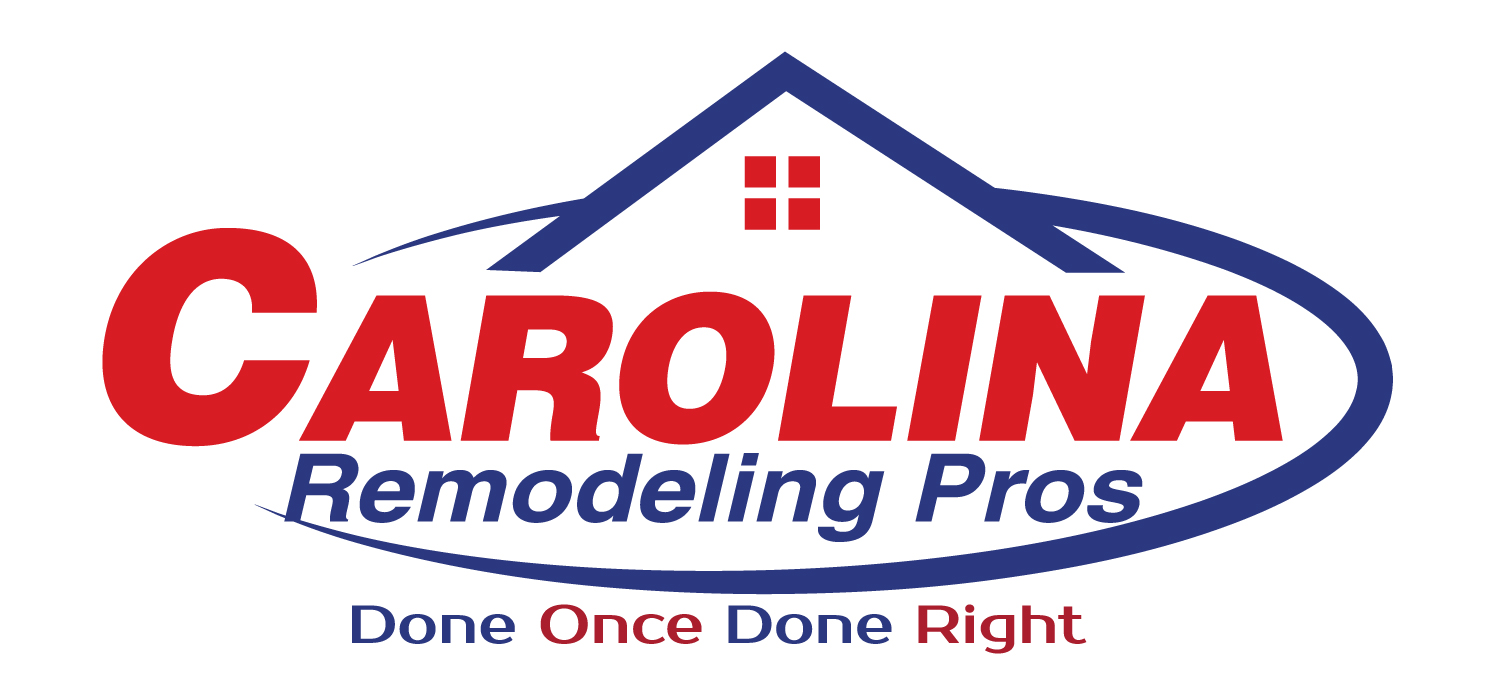26April 2018
Getting the longest life from the roof over your home, it’s important to learn how to spot problems before they arise. Roofing systems are known to encounter various issues throughout their lifespan. In this article, we’re listing the most common problems that may arise, and how to handle them. Unless you are comfortable being on a roof and using the tools required, we strongly suggest you hire a roofing contractor to complete the job safely.
The Fascia
The fascia is a front board that runs along the line of the roof. This band runs horizontally and can also be referred to as roof trim. Fascia is installed under the edges of the roof and is typically made of sheet metal or wooden boards. These are the finishing touches that run vertically, linking the rafters, trusses, and the parts of the roof that connect to the gutters. This element of your roof serves two purposes: protection and curb appeal.
This band of metal or wood protects the home’s interior from the damaging effects of the weather by preventing rain or other outside elements from getting inside. Also, when it comes to the aesthetic purpose, this band provides a smooth, level appearance along the roofing edge.
With a fascia, the most important thing to remember is protection. Since the job of the fascia is to protect, it is important for homeowners to watch for any indications of decay or damage.
The Soffit
The soffit is the finished area located under the fascia and the rafters. In Latin, the word soffit means “to fix underneath”. Soffits are made from vinyl and are used to improve the flow of air and to draw moisture and heat away from your home. With the pulling away of heat and moisture, properly functioning soffits prevent the sheathing and rafters from rotting.
As a homeowner, you should check your roofing soffits for holes, cracks, and any decaying. If you run across any of these, it is very important to correct those problems immediately to avoid water, insects, and other tiny critters from getting in.
The Flashing
The job of the flashing in a roofing system is to close off any open areas in which water may penetrate and lead to the bigger problem of leaking. Depending upon the roof on your home, the flashing is generally made from steel or aluminum and are located around the drains, walls, valleys, system edges, chimneys, or around the skylights.
The most widespread problem that we see with the flashing is deterioration. This is caused by oxidation and varying weather patterns. Also, there are a few cases in which the flashing just simply comes loose. With that being a possibility, it is important for you to take the time to check these areas to prevent larger issues.
The Gutters
The gutters on your home protect the structure by directing water away from the foundation of your home. It’s important for you as a homeowner to inspect your gutters and make sure that the spout is facing away from the foundation of your home. Stopped up gutters and downspouts are the number one problems that we see. Also, there are some cases in which the gutter may become detached from the fascia. You may also want to consider using extensions on your gutters in or to protect the foundation of your home.
The Shingles
Shingles need to be inspected and fixed as soon as you suspect there might be a problem. Curling, discoloration, and insufficient ventilation can cause a large amount of damage in just a brief time if not fixed and handled correctly. Curling of shingles not only looks bad but allows water to seep in and damage other parts of your roofing system. Discolorations is a big warning sign of a leak in your roof. No matter what size discoloration, it is important to have it checked immediately because a very tiny spot can create a large hole in the ceiling of your home. Lastly, insufficient ventilation can result in buckling.
What should I do if I run across one of these problems?
The key to get the most from your roofing system is regular inspections and maintenance. Most people are not comfortable or qualified to do this themselves, so calling in a pro is your best bet. Call us today for one of our roofing experts to inspect your roof!
